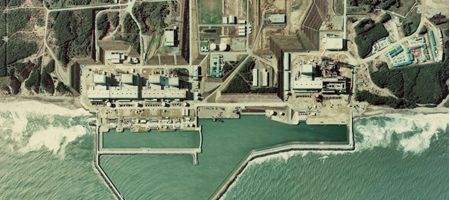Radiation from nuclear disasters such as Chernobyl and Fukushima may, surprisingly, have done the local wildlife no harm at all.

Until now, it had been believed that radiation following the Chernobyl disaster must have had a dramatic effect on bird populations by causing damage to birds’ antioxidant defence mechanisms.
But British scientists have now modeled the production of free radicals from radiation – and found that the birds’ antioxidant mechanisms could easily cope with radiation at the levels seen after Chernobyl and Fukushima.
“I wasn’t really surprised by these findings – there have been many high profile findings on the radiation damage to wildlife at Chernobyl but it’s very difficult to see significant damage and we are not convinced by some of the claims,” says professor Jim Smith of the University of Portsmouth.
“We can’t rule out some effect on wildlife of the radiation, but wildlife populations in the exclusion zone around Chernobyl have recovered and are actually doing well.
Immediately after the Chernobyl accident, extremely high radiation levels did damage organisms. But now radiation levels at Chernobyl are hundreds of times lower, and the wildlife’s doing just fine.
Indeed, says Smith, “Some Belarussian and Ukrainian scientists who live and work in the Chernobyl exclusion zone have reported big increases in wildlife populations since the accident, due to the removal of humans from the area.”






